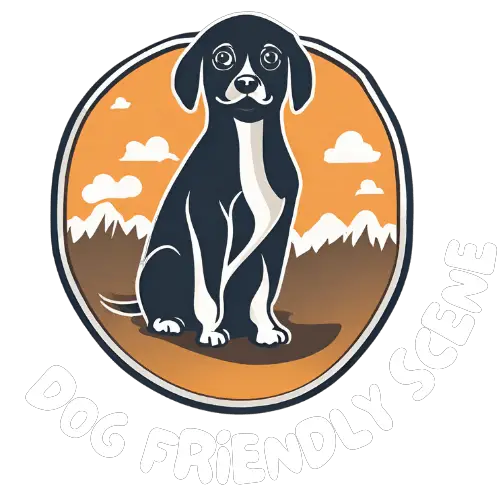To determine a dog’s daily calorie requirements, consider their age, weight, activity level, and overall health. To simplify the process, we provide general guidelines for calculating the daily calorie needs of various dogs. See the calculation tool that allows you to input your dog’s weight and obtain its daily calorie requirement.
It’s important to remember that using your dog’s weight alone to determine their daily calorie intake may not be accurate if they are underweight or overweight. In such cases, seeking the advice of a canine nutritionist or veterinarian in your local area is recommended. They can provide a more personalized approach and create a customized food plan for your furry friend.
Puppy
Puppies require more calories than adult dogs because they are growing and developing. A good rule of thumb is to feed them about twice as many calories per pound of body weight as an adult dog of the same breed. For example, a 10-pound puppy might need around 800-1000 calories daily.
Select your puppy’s weight:
Adult
Adult dogs generally need fewer calories than puppies, but the exact amount depends on their size and activity level. A small dog might need around 300-400 calories daily, while a large dog might need 1,200-1,500 calories daily.
Select your dog’s adult weight:
Adult Working Dog
Working dogs such as police, farm or search and rescue dogs require more calories than non-working dogs because they are more active. They may need up to 50% more calories than a non-working dog of the same size and breed.
Select your working adult dog’s weight:
Senior Dog
Senior dogs generally need fewer calories than adult dogs because they are less active and have slower metabolisms. However, they may also have specific health issues that require a special diet. Consult with your veterinarian to determine the appropriate calorie intake for your senior dog.
Select your senior dog’s weight:
Dog Food Calories
- Dry kibble: Typically ranges from 300-500 calories per cup, depending on the brand and formula.
- Wet/canned food: Ranges from 200 to 350 calories per half a can, depending on the brand and formula.
- Homemade meals: Calorie content will vary depending on the ingredients used. It’s essential to consult with a veterinarian or canine nutritionist to ensure homemade meals meet your dog’s nutritional needs.
- Treats: Calorie content varies widely depending on the type of treat. Limiting treats to no more than 10% of your dog’s daily calorie intake is essential.
How to Weigh Your Dog: Tips and Methods
Weighing your dog can be done in a few different ways:
- Using a bathroom scale: Step on the scale while holding your dog, then step off and weigh yourself alone. Subtract your weight from the combined weight to get your dog’s weight.
- Using a pet scale: If you can access a pet scale, place your dog on the scale and record the weight.
- Visiting the vet: Your veterinarian can weigh your dog during a routine check-up or appointment.
It’s important to weigh your dog regularly to monitor their health and ensure they are maintaining a healthy weight.
10 Low-Calorie Treats and Snacks for Your Dog
- Carrots: These crunchy vegetables are low in calories and high in fibre, making them an excellent snack for dogs.
- Green beans: Another low-calorie vegetable dogs love, green beans are a great source of vitamins and minerals.
- Apples: Apples are a healthy dog treat, low in calories and high in fibre.
- Blueberries: These tiny berries are packed with antioxidants and are a great low-calorie dog snack.
- Watermelon: This juicy fruit is low in calories and hydration, making it a great summer dog treat.
- Cucumbers: Another low-calorie vegetable that dogs love, cucumbers are a great source of hydration and vitamins.
- Air-popped popcorn: Plain, air-popped popcorn is a low-calorie snack that dogs can enjoy in moderation.
- Rice cakes: These crunchy snacks are low in calories and can be a great alternative to traditional dog treats.
- Frozen yoghurt: Plain, unsweetened yoghurt can be frozen into small portions for a cool, low-calorie dog treat.
- Sweet potato chews: Sliced sweet potatoes can be baked into chewy treats that are low in calories and fibre.
Disclaimer: The daily calorie requirements for dogs provided on this webpage are calculated based on weight. Please note that these calculations are intended to serve as general guidelines only and may not be suitable for all dogs. Other factors such as age, activity level, and overall health should also be considered when determining a dog’s daily calorie needs. You should consult a veterinarian or animal nutritionist to determine your dog’s most appropriate daily calorie requirements.
